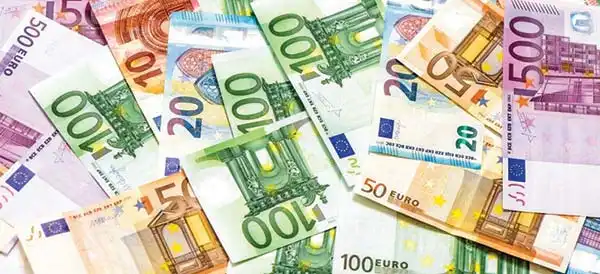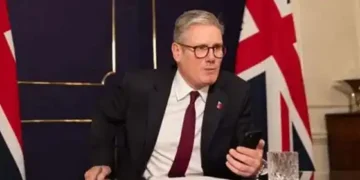Blitz Bureau
The pound fell to a three-month low after data on November 12 showed regular wage growth cooled and unemployment ticked up, and as currencies felt the pressure of a surging dollar after Donald Trump’s US election victory.
Sterling fell as much as 0.5 per cent to $1.2806, its lowest since Aug. 15, in early European trading. It was last down 0.44 per cent at $1.2814.
The pound also slipped against the euro, with the single currency last up 0.2% to 82.97 pence. The data showed British wage growth, excluding bonuses, fell in the third quarter to its lowest level in more than two years. Unemployment in September rose to 4.3%, from 4.1%, although low survey response rates have reduced the reliability of British jobs figures. “The easing in private sector regular pay suggests that the Bank of England will continue to cut interest rates gradually,” said Paul Dales, chief UK economist at consultancy Capital Economics.
“There is little here to suggest the Bank needs to worry that the loosening in the labour market and the easing in underlying wage growth are coming to an end.”
The pound was already 0.3 per cent lower before the data arrived, however, as the dollar continued its strong run in the wake of the US election on November 5. The pound is down around 1.1 per cent since the election but has fared better than the euro, which has slumped roughly 2.8 per cent. Britain voted to leave the EU in 2016, leaving in 2020, and only ran a small trade in goods surplus with the United States in the middle of 2024. Meanwhile, the euro fell to its lowest in 2-1/2 years against the pound , as investors braced for potentially painful trade measures.

































